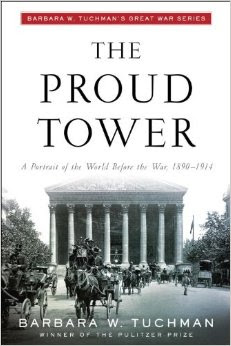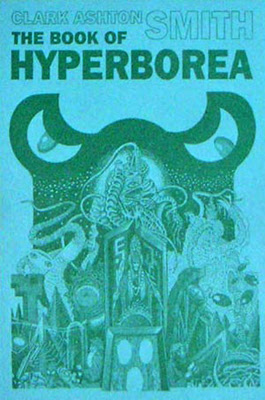Music Review: Hamilton (Original Broadway Cast Recording)

We move under cover and we move as one Through the night, we have one shot to live another day We cannot let a stray gunshot give us away We will fight up close, seize the moment and stay in it It’s either that or meet the business end of a bayonet The code word is ‘Rochambeau,’ dig me? Rochambeau! You have your orders now, go, man, go! And so the American experiment begins With my friends all scattered to the winds "Yorktown (The World Turned Upside)" What first got my attention about the music from Hamilton was how bad-ass Lin-Manuel Miranda and his cast made The Battle of Yorktown sound. I love history in general but the founding of my nation has a sepcial place in my heart. The music of Hamilton captures this era so well - how a bunch of rebels against incredible odds managed to found a nation. How that nation needed a federal government and how fortunate it was in its first president was a man who understood the importance of refusing power - of teaching a nat...








